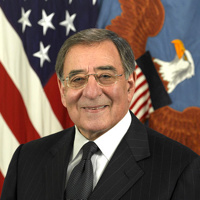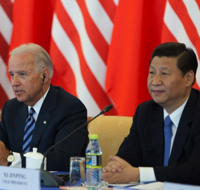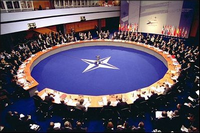
Both the Obama administration and its opponents have exaggerated the significance of the Pentagon’s new Defense Strategic Guidance (.pdf) that was issued last week. The administration wants to take pride in its new creation and demonstrate to potential congressional budget-cutters that the Defense Department has already made all the financial sacrifices that the Pentagon can prudently afford. Meanwhile, the administration’s domestic opponents attack it from both the left, which calls for more radical cuts, and the right, which accuses the administration of deliberately trying to reduce U.S. military power in order to discourage future U.S. military operations. The truth is […]




